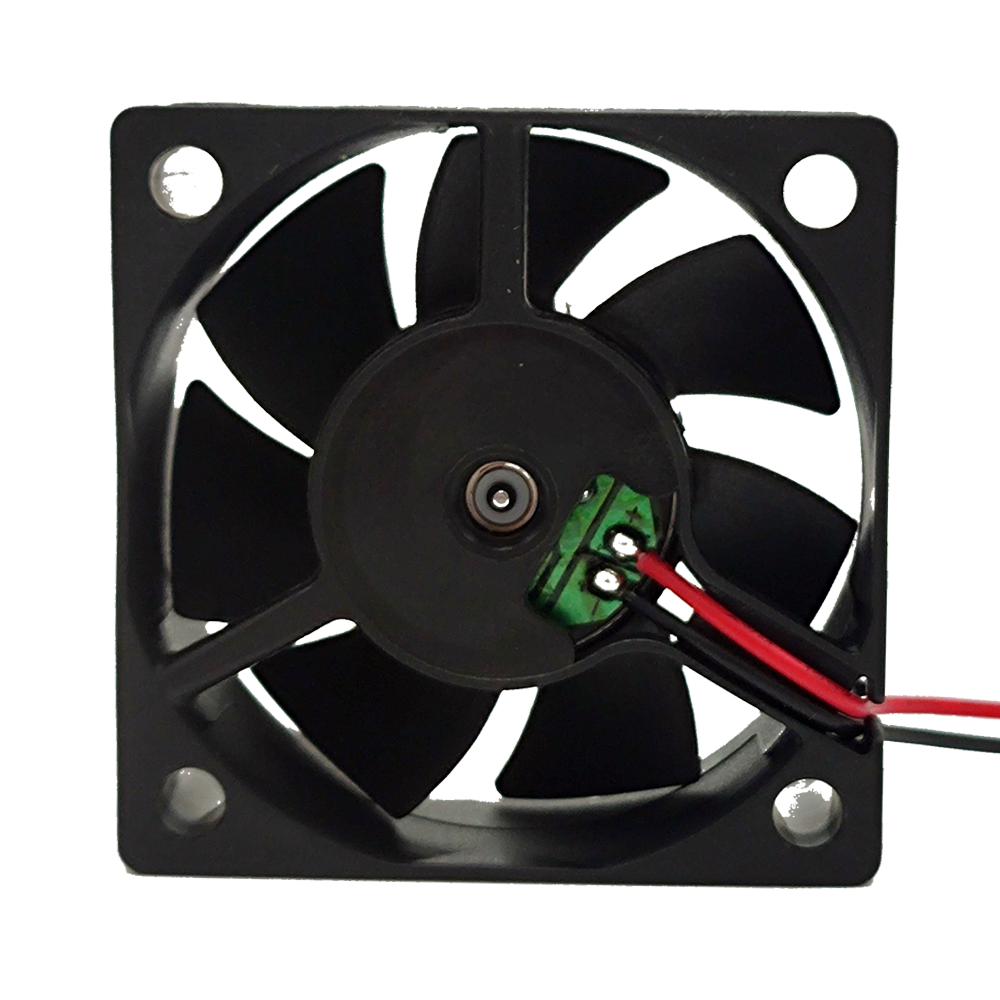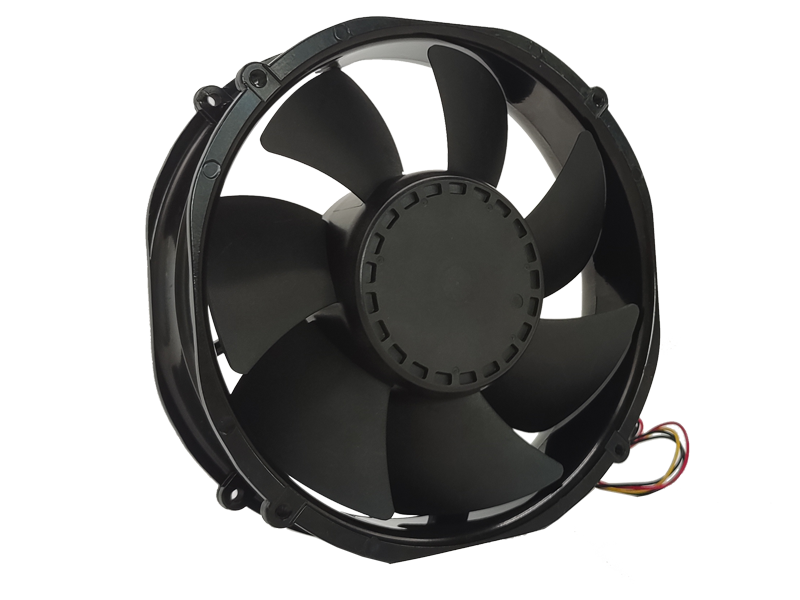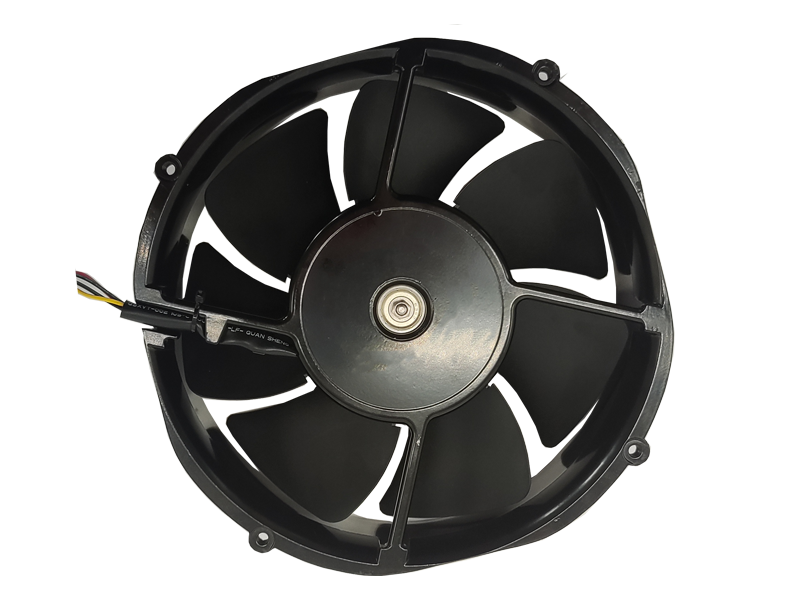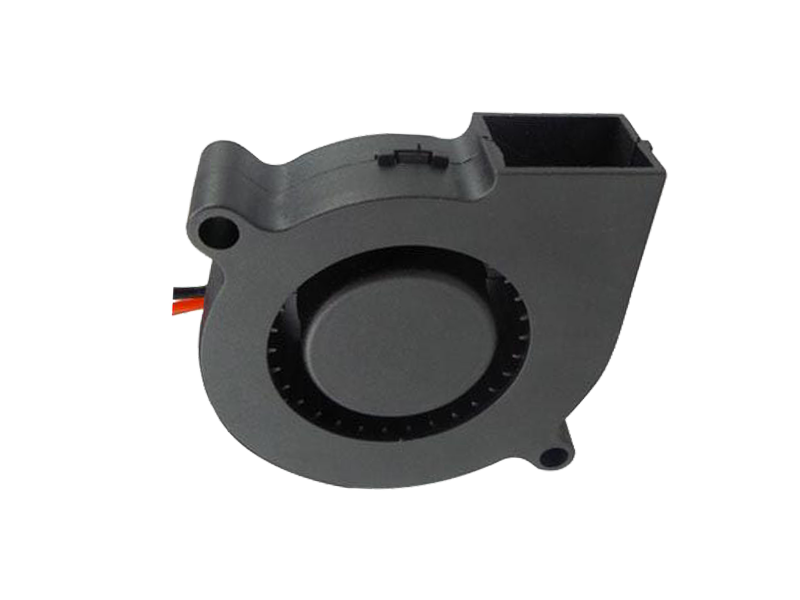In recent years, the industrial sector has witnessed a significant shift towards intelligent control systems and automation, leading to enhanced operational efficiency and performance. Industrial blowers, essential components in various manufacturing and energy production processes, have also undergone a transformation with the integration of intelligent control technologies. This article aims to explore the intelligent control of industrial blowers and outline future development trends that are poised to shape the industry.
Intelligent Control of Industrial Blowers:
1. Adaptive Speed Control: One of the key aspects of intelligent control in industrial blowers is the implementation of adaptive speed control mechanisms. By utilizing advanced sensors and feedback systems, blowers can adjust their operating speed based on real-time environmental conditions and process requirements. This adaptive control not only optimizes energy consumption but also ensures precise airflow management, leading to improved overall system efficiency.
2. Remote Monitoring and Diagnostics: Intelligent control systems enable remote monitoring and diagnostics of industrial blowers, allowing operators to access real-time performance data and identify potential issues proactively. Through the integration of IoT (Internet of Things) technology and cloud-based platforms, industrial blowers can be monitored from anywhere, facilitating predictive maintenance and minimizing downtime.
3. Energy-Efficient Operation: Intelligent control strategies focus on energy efficiency, leveraging variable frequency drives (VFDs) and advanced control algorithms to optimize blower operation. By dynamically adjusting blower speed and airflow output based on demand, intelligent control systems contribute to significant energy savings and reduced environmental impact, aligning with sustainability goals.
4. Condition-Based Maintenance: Intelligent control of industrial blowers enables condition-based maintenance, where maintenance activities are scheduled based on actual equipment performance and health. By analyzing operational data and utilizing predictive analytics, maintenance interventions can be targeted, minimizing unnecessary downtime and extending the lifespan of blower components.

Future Development Trends of Industrial Blowers:
1. Integration of Artificial Intelligence (AI): The future of industrial blowers lies in the integration of artificial intelligence for advanced control and optimization. AI algorithms can analyze complex operational data, identify patterns, and autonomously adjust blower parameters to maximize efficiency and reliability, ushering in a new era of autonomous and self-learning blower systems.
2. Enhanced Connectivity and Interoperability: Future industrial blowers are expected to feature enhanced connectivity and interoperability with other smart devices and industrial equipment. This interconnected ecosystem allows for seamless data exchange, coordinated operation, and holistic process optimization, leading to improved overall industrial plant performance.
3. Predictive Maintenance and Health Monitoring: The development trend towards predictive maintenance and health monitoring involves the use of advanced sensors, predictive analytics, and machine learning algorithms to anticipate potential blower failures and proactively address maintenance needs. This proactive approach minimizes unplanned downtime and enhances equipment reliability.
4. Industry 4.0 Integration: Industrial blowers are poised to align with the principles of Industry 4.0, embracing concepts such as cyber-physical systems, real-time data analytics, and autonomous decision-making. This integration enables seamless communication between blower systems and manufacturing processes, fostering agility, adaptability, and responsiveness in industrial operations.
In conclusion, the intelligent control and future development trends of industrial blowers represent a paradigm shift towards enhanced efficiency, reliability, and sustainability in industrial applications. By embracing adaptive speed control, remote monitoring, energy-efficient operation, and condition-based maintenance, industrial blowers are poised to play a pivotal role in the digital transformation of the industrial sector. As the industry moves towards AI integration, enhanced connectivity, predictive maintenance, and Industry 4.0 alignment, industrial blowers are set to evolve into highly intelligent, interconnected, and autonomous systems, driving the next phase of industrial innovation and progress.
Recommended Products

The main purpose:Car charging station

The main purpose:Car charging station

The main purpose:Electronic refrigerators, water dispensers, direct drinking machines, inverter power supplies
Address:No. 4137, Longgang Avenue (Henggang Section), Henggang Community, Henggang Street, Longgang District, Shenzhen
hotline:13530005572(Chen)15112579390(Li)


Welcome all friends to come for consultation and negotiation.
Copyright 2024 @ Shenzhen Youneng Xinyuan Electronics Co., Ltd.,(industrial fans,industrial blowers,axial fans,cooling fans manufacturer,centrifugal fans,ac cooling fans,dc cooling fans)